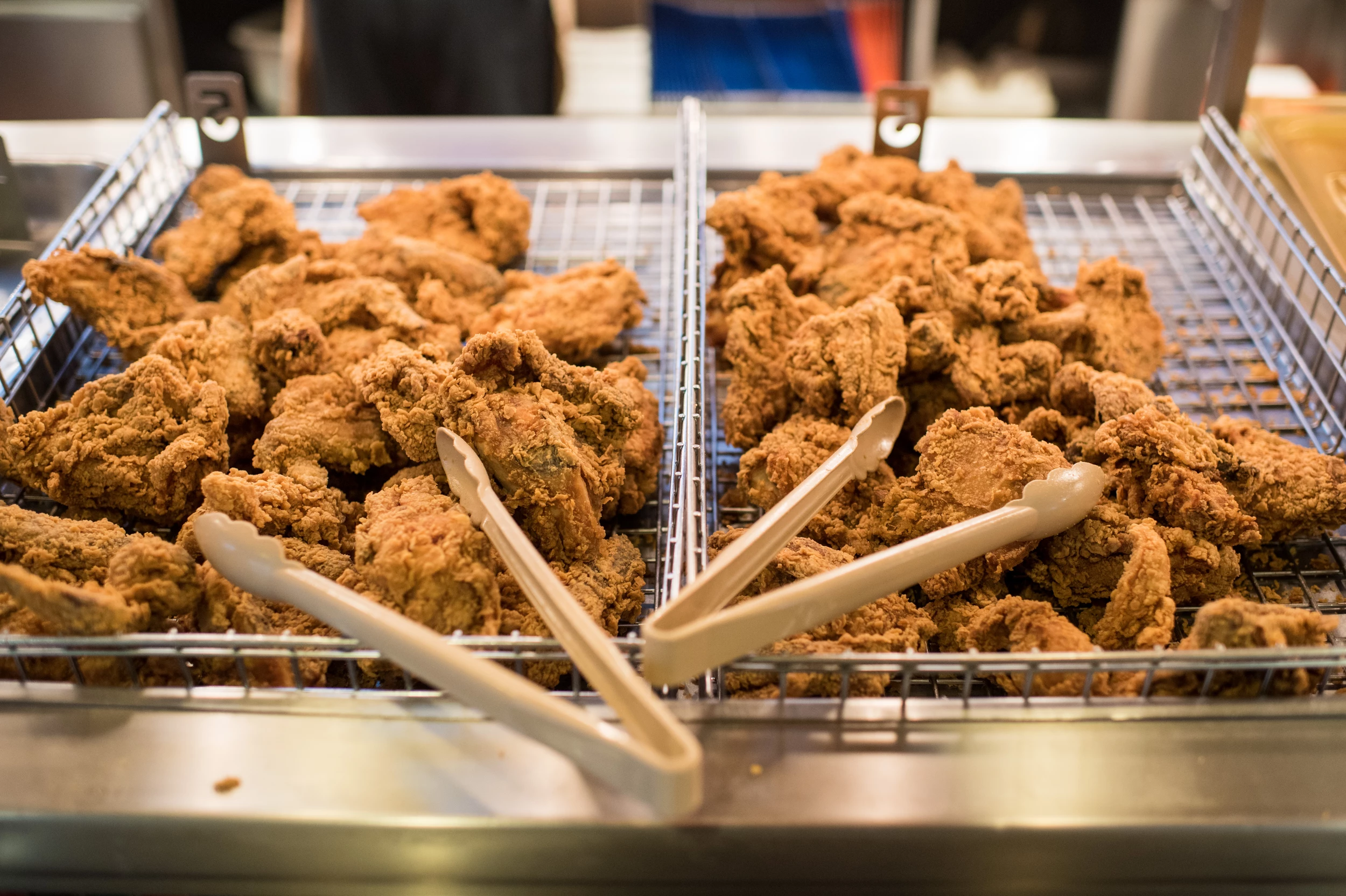
Both are Muslim immigrants who convinced their chains they could tap a fresh market. The breakthrough with American fast food restaurants has come from franchise owners like Khan and Ali Hashmi, who owns a nearby A&W Root Beer Restaurant that also serves Halal food. Now, a younger, suburban Muslim consumer wants the same fast-food brands as other Americans, he said. Independent Muslim-run fast food joints started appearing in the 1990s in urban centers that have sizable Muslim populations, such as Jersey City. For instance, just outside Islam’s holiest mosque in Mecca, wealthy Saudi Arabians can munch on halal Whoppers or Kentucky Fried Chicken while watching pilgrims perform the Hajj.īut in the U.S., choices for Muslims have been limited to restaurants offering traditional ethnic fare, Rydhan said. Muslims consuming fast food is not a new concept globalization has made U.S. “It’s symbolic of our acceptance in the fabric that is America,” said Irfan Rydhan, founder of, a Web site that lists halal restaurants across the U.S. In a state with one of the largest Muslim populations in the country, restaurant owners and community members say it makes business sense for mainstream restaurants to cater to Muslims. “I did something for Allah, and he has blessed us.” “I don’t have enough space to hang up all of them,” Khan said, smiling. The success can be seen in the Sales Volume awards on the wall behind the register.

In two years she has served halal food at her Subway, Ruhila Khan has built a following from all over the tri-state area. The Subway restaurant that adheres to Islamic restrictions is off Route 27 here, and it is indiscernible from other Subways, except for a neon green sign in the window spelling out “Halal,” the Islamic equivalent of kosher. _ There’s just one place in North America where an observant Muslim can follow Jared’s diet _ the two-sandwich-a-day plan that helped Subway pitchman Jared Fogel lose 245 pounds.


 0 kommentar(er)
0 kommentar(er)
